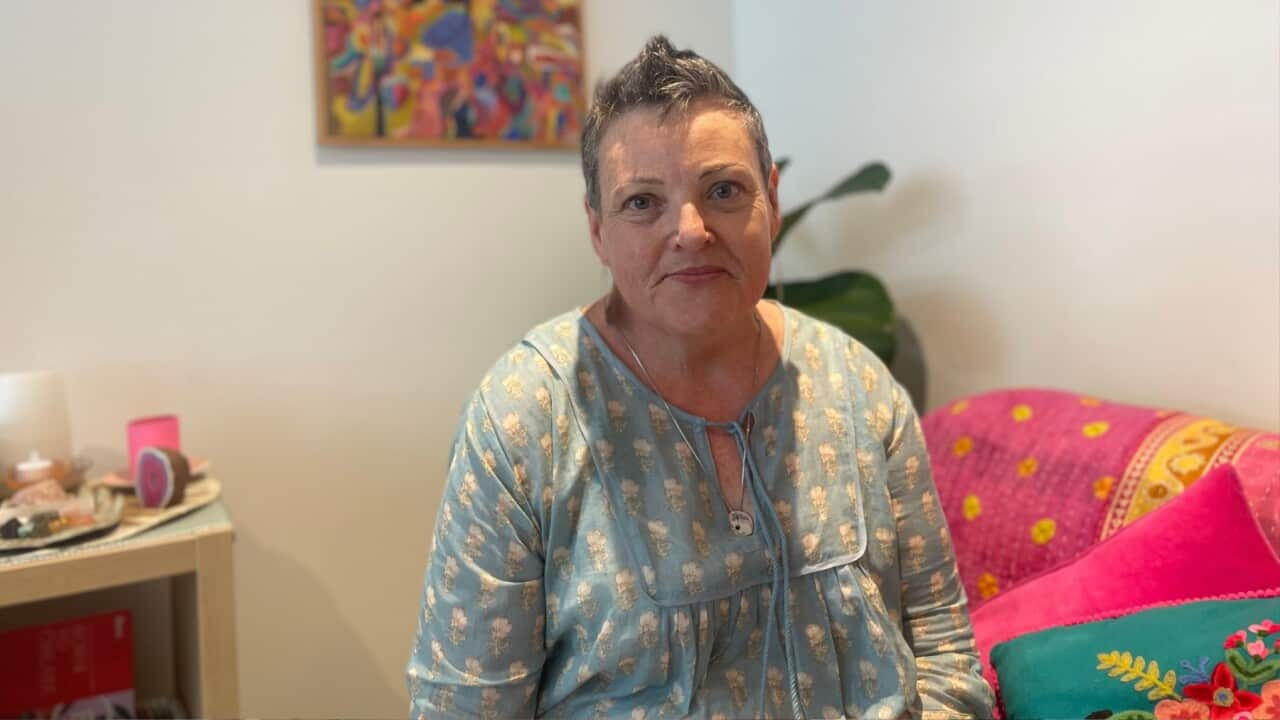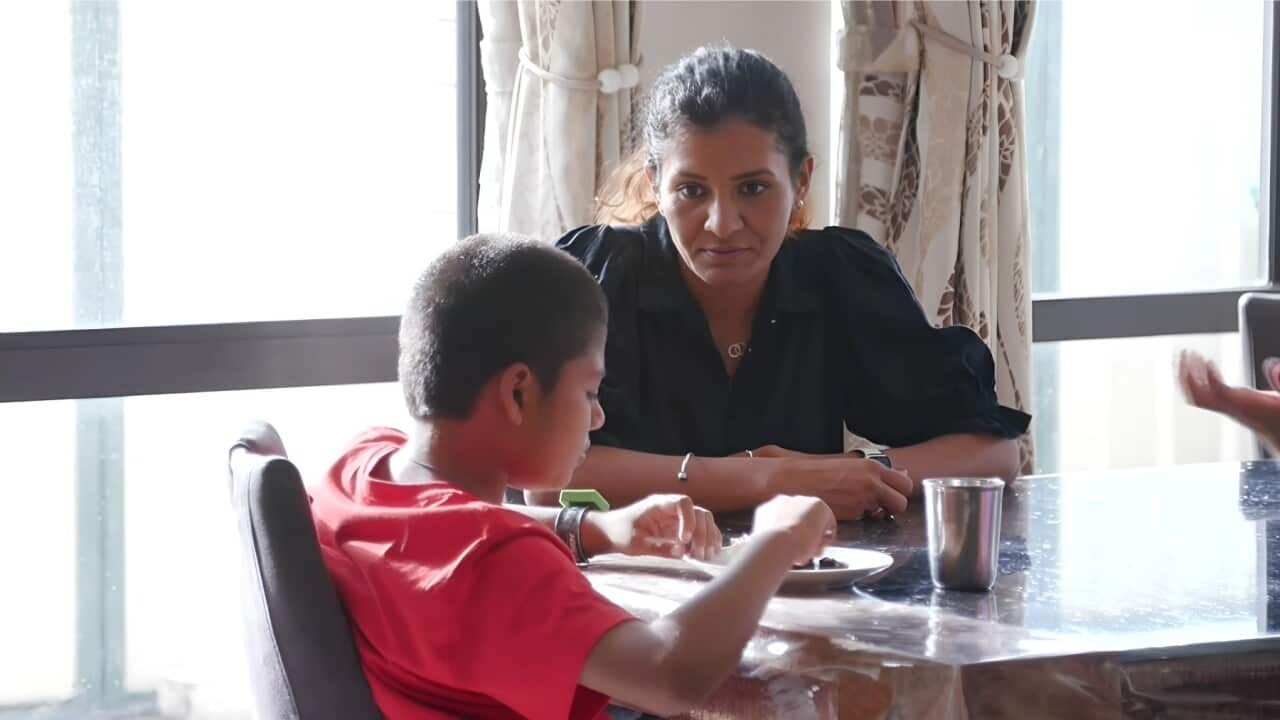TRANSCRIPT
“I've done a fair bit of travelling and had pockets of different drugs in different countries but for sheer choice and volume - it's all here.”
That's recovering drug addict Zak McCoy. In 2018, he spoke to SBS about a spiralling crisis facing Australia: a UN report had just found the country to be among the heaviest users of illicit drugs across the globe, with a growing dependence on prescription pain-killers.
Australia at one point recorded the world's ninth highest per capita consumption of opioids.
Geoff Munroe from the Australian Drug Foundation told SBS then, that people might not have realised the extent of the problem.
“Pharmaceutical drugs and pharmaceutical overdoses are now rivalling the road-toll in states like Victoria - so more people are dying overdosing on pain management drugs than are dying on our roads.”
Experts like Professor Shane Darke from the National Drug and Alcohol Research Centre says opioids are a particular type of pain relief medication that are very powerful - and complications can happen all too easily, especially if they are mixed with other substances.
“When you look at say people - a 50 year old man with chronic back pain. Can't work, at home, depressed, drinking. Quite often given benzoxazepine to help sleep or back spasms, and they're on Oxycodone. It's the same thing - and I don't think people are aware that if you're using pharmaceutical opioids - you may have no history of dependence. You know, any anaesthetist will tell you, don't get drunk before we give you an anaesthetic. It's exactly the same.”
The spiralling crisis prompted authorities to introduce changes in 2020 to how opioids listed on the Pharmaceutical Benefits Scheme - like Oxycodone or Codeine - were prescribed and supplied.
Dr Danielle McMullen is a GP and the vice-president of the Australian Medical Association.
She says the number of repeat prescriptions were restricted, the level of authorisation required to prescribe some opioids increased, and half sized packs introduced.
“If you've had an operation and you've got some pain after an operation, having a pack of opiate-type medicines that really is appropriate to just the few days that you're going to need that, rather than sending people home with weeks and weeks of supply and not being sure of when to stop and start those medicines. By making those smaller packs, we send that clear signal.”
Dr Ben Daniels from the University of New South Wales is the senior co-author on a new study, published in the Medical Journal of Australia, that suggests these new rules have been effective.
“The primary finding was that overall the use of opioids accessed through the PBS [[pharmaceutical benefits scheme]] - so publicly subsidised opioids - they decreased following this tightening of prescribing restrictions around opioids. All of these medicines can also be accessed outside of the PBS through private prescriptions, and it looks like some people did move to the private market to avoid PBS restrictions. It wasn't the case that everybody just went to the private market. We do believe that there was a true reduction in the amount of opioids that were prescribed.”
But for those with chronic pain, it's been bittersweet.
Guilia Jones from advocacy organisation, Pain Australia, says it's increased the problems they have often faced.
“There's a lot of grief amongst consumers with chronic pain. And while people do want to keep up with the latest findings and understandings, when you take something away - when there is no replacement - it just creates distress. So while we accept that there needed to be some changes, the way it was done was not really appropriate, and the outcome is a very distressed cohort who were pretty distressed already.”
She says the extent of the pain problem in Australia is unrecognised - and we have a long way to go before we address it properly.
“Because chronic pain doesn't have a simple solution, people often get treated like they are the problem. So they'll go to a doctor who doesn't quite know what to do with them and they'll be asked if they're making it up, it'll be assumed that they're trying to drug seek etc. Now these are people who are pretty desperate because they don't have a solution to their chronic pain. They know what life was like before their chronic pain, and the life they're living is very different.”
Dr McMullen says opioids aren't meant to be a long term answer to pain - and stop being effective after they're used too much.
She says a conversation needs to be had about how to move forward.
“The discussion about chronic pain is heading in the right direction, but we still have a long way to go. Certainly we hear from patients and from doctors that it is still difficult to access that multi-disciplinary care, and that's why we're working so hard in that space, to make sure that general practice is better funded to provide that wraparound care [[to address chronic pain]]. Because at the end of the day it's about providing patients with what they need to lead healthy lives.”













